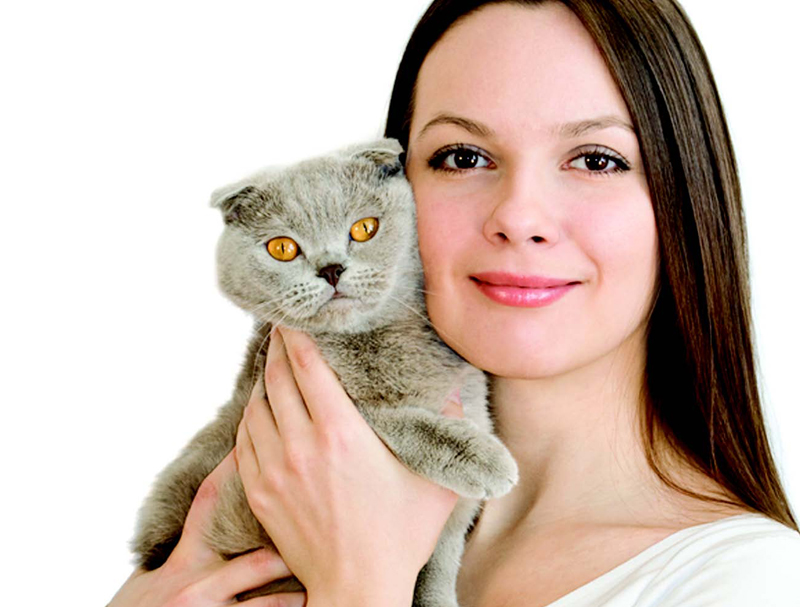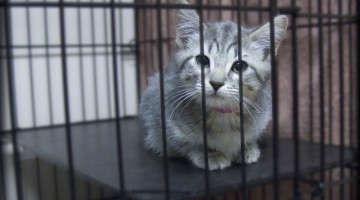Is he “Mr. Right”? Before bringing him home, make sure he’ll fit in with your household and lifestyle.
Adopting a new cat is an adventure that begins long before he or she first enters your home. In fact it starts from the moment you make the decision to include a feline in your life.
Perfect fit
To avoid problems and heartache, you want a cat who will merge comfortably and happily with your household and lifestyle. Keep the following considerations in mind when visiting a shelter or cat rescue.
- Unless your home has a lot of antiques and breakables, you might enjoy an athletic type who will leap tall bookcases at a single bound. A longhair mix will tend to perch low.
- De-clawing is unconscionable, but if someone in your household has a medical problem that forbids their skin be scratched, why not adopt a cat who has already been de-clawed? They too end up in shelters and need homes.
- Kittens use their claws and teeth indiscriminately, but the habit will dwindle as they mature. If you love long, thick hair, be sure you also love combing and can afford professional grooming help if necessary.
- The wider the gene pool, the healthier the resulting kittens will be. Purebreds are the result of a limited gene pool and tend to be more delicate than cats of mixed ancestry. If your heart is set on a purebred, they are often available from shelters and specialized breed rescue organizations.
A longhair mix will usually tend to perch low.
The multi-cat home
If you already have a cat at home, introducing a second feline requires a bit more care and forethought.
- Cats who have cat friends live longer and are healthier. Three is an excellent number because if one passes away, no one will be left alone.
- If you’re adopting a friend for your cat, remember this – you know you will accept the new cat, but will she? Get her a “cat’s cat”. They prefer the company of other cats, and are often easier to introduce to other felines. When you’re in a shelter, notice how the cats are acting. The “people cats” will be trying to get your attention while the “cat’s cats” are the ones watching other felines.
- Some cats prefer to remain single. However, if your cat will be home alone much of the day, you’ll feel better if she has a friend.
- If you already have a cat who is nervous, elderly or ill, a quiet adult is a good choice. If your cat is healthy but needs more exercise, give him an energetic young companion. If you have a kitten who is needy and demanding, give him an uncle cat, a big neutered male who will teach him everything a young cat needs to know.
- If you have a large dog, a jolly kitten often works well.
- Adopting two cats at the same time gives you a unique opportunity to keep two friends together. Cats who have always lived together think of themselves as a unit.
Take your time making a selection, think through how the new cat will dovetail with your household, and you’re sure to find a friend for life!






No Comment